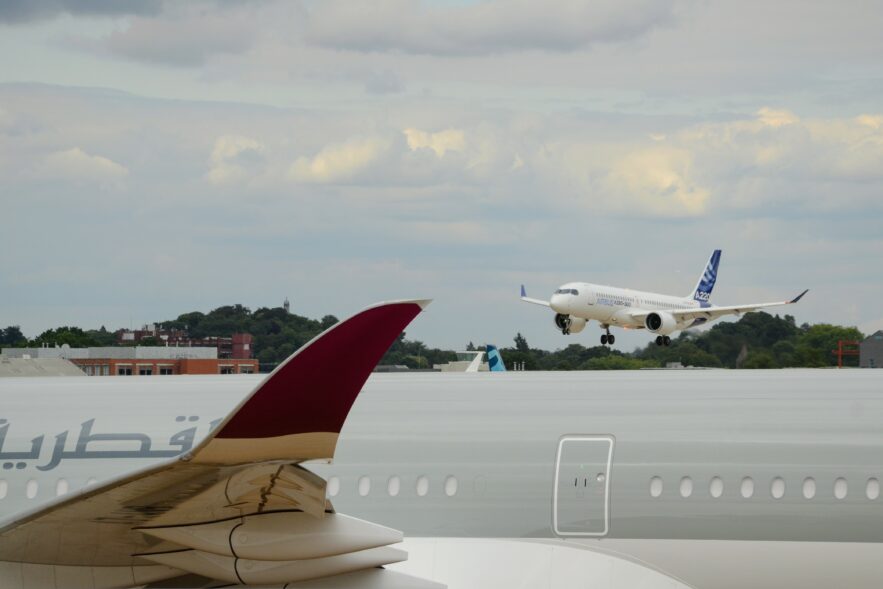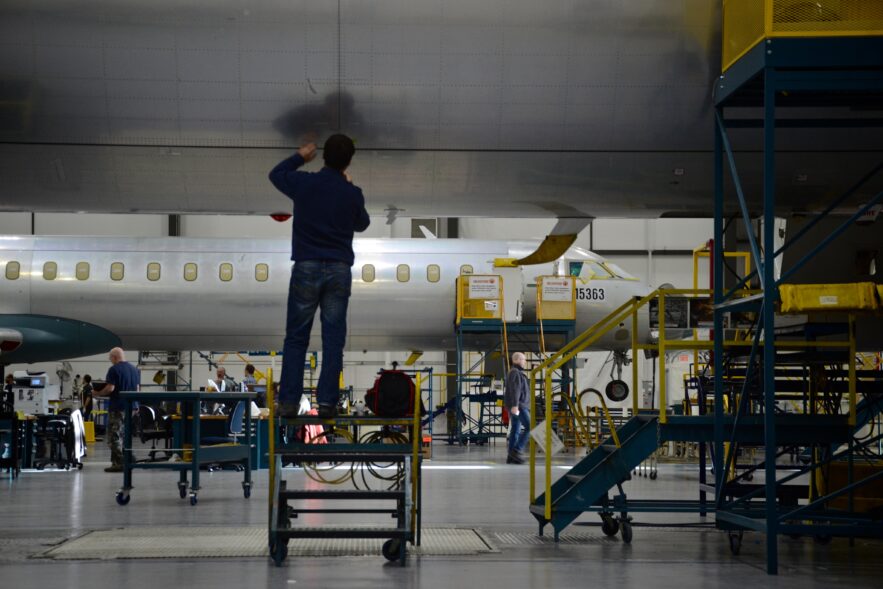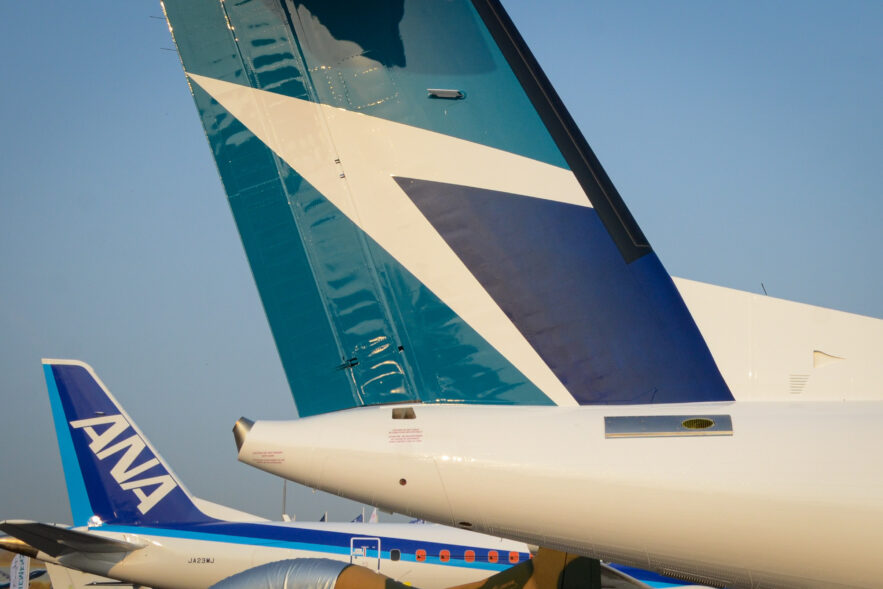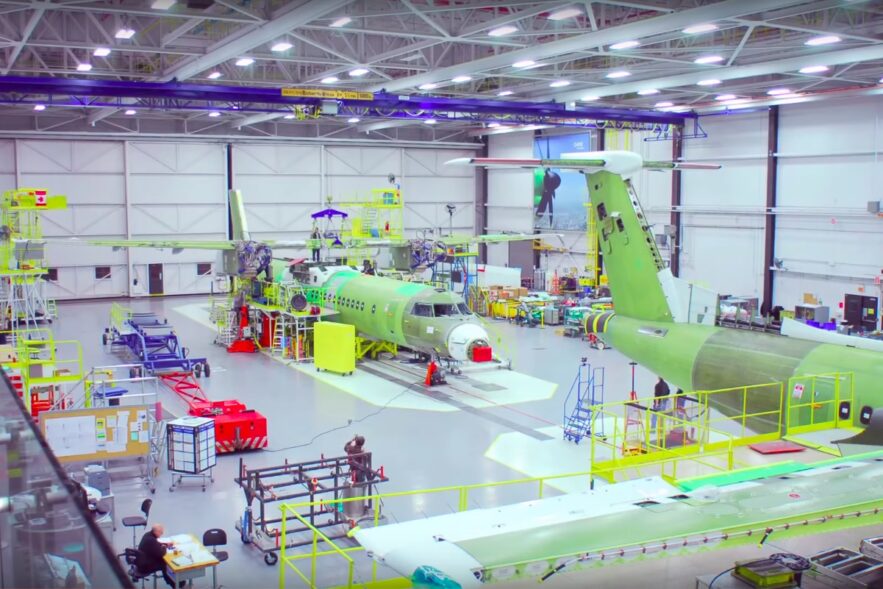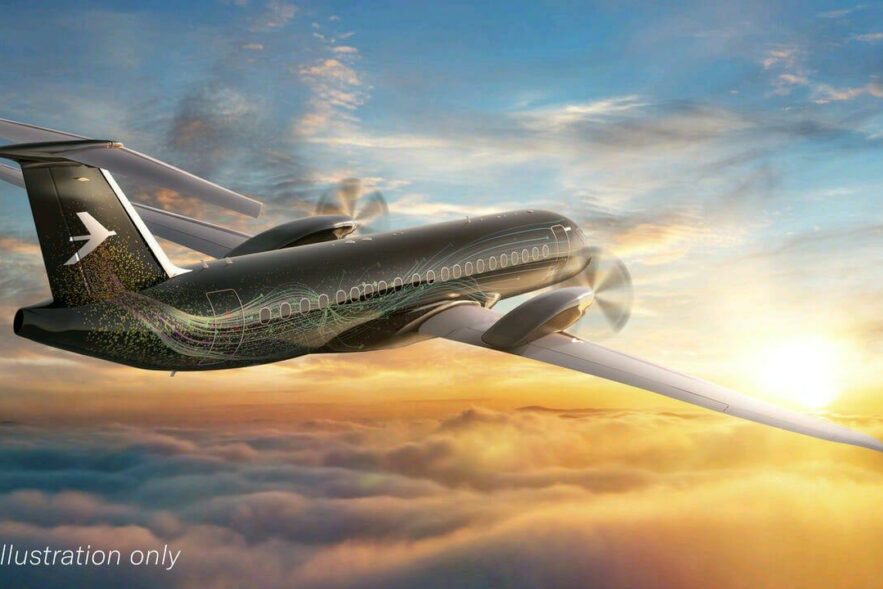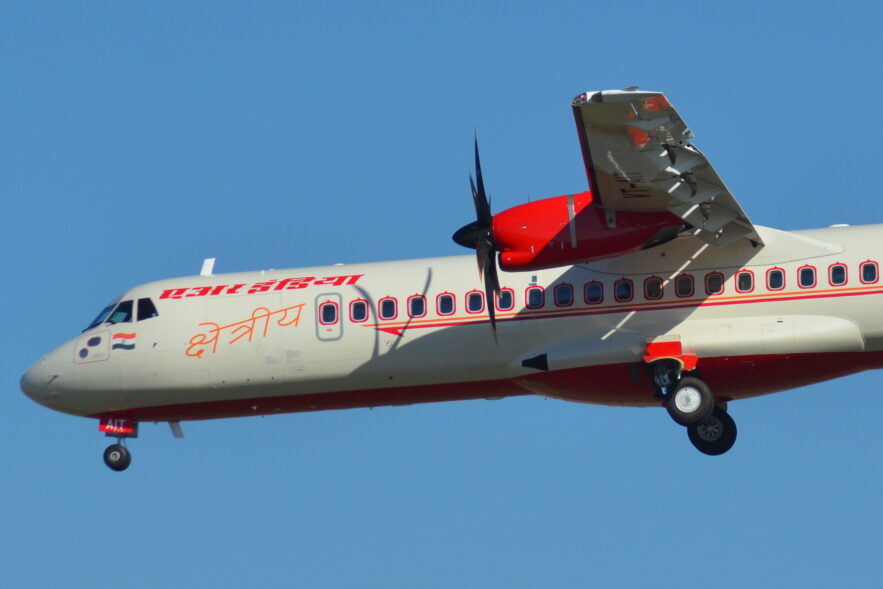What's inside? – Bombardier’s CEO said the partnership with Airbus doubles the expected sales for the A220’s business case. –...
The final radio call from the stolen Bombardier Dash 8-Q400 recorded at approximately 8:47 PM pacific daylight time, just prior...
UPDATE: The divestment of the Q400 program was announced by Bombardier Wednesday morning, confirming earlier reporting by The Air Current....
After just over three decades, Bombardier’s commercial aircraft business is approaching its end. Once the number three airliner producer on...
NYT, AGM on MAX The front page of the Sunday New York Times has an expansive ‘who, what, where and when’...
Log-in here if you’re already a subscriber Release DateSeptember 9, 2019Newcomers De Havilland and Mitsubishi find themselves dwarfed by their...
Sign up to receive updates on our latest scoops, insight and analysis on the business of flying. Nashville, Tenn. —...
With receding regional aviation competitors, Embraer studies a return to a market that hasn’t had the choice of an all-new product in decades. Unique quirks of the turboprop market and Embraer technology planning will pressure E3 market potential. Big leaps in efficiency of single-aisle jets compresses the list of small markets that need a big turboprop.
In an extended interview, Arjan Meijer, Embraer's new Commercial Aviation CEO sat down with The Air Current to discuss what it wants in a partner and its path to a new turboprop.
The nuances of regional markets, both emerging and established, will offer a path for Embraer's E3, but will also limit its possible success. Turboprop customers are particularly sensitive to aircraft pricing, which will be challenged by the scope and pricing of a new development. By reintegrating its commercial unit, Embraer’s engineering talent is unconstrained to operate across its executive jet, defense and eVTOL businesses.
Log-in here if you’re already a subscriber Release DateJanuary 14, 2021Alaska maps its 2020s with Boeing and leaves Virgin strategy...
Understanding the nuances of regional aircraft -- turboprops and regional jets -- is first and foremost a matter of understanding the role of geography in their success.
